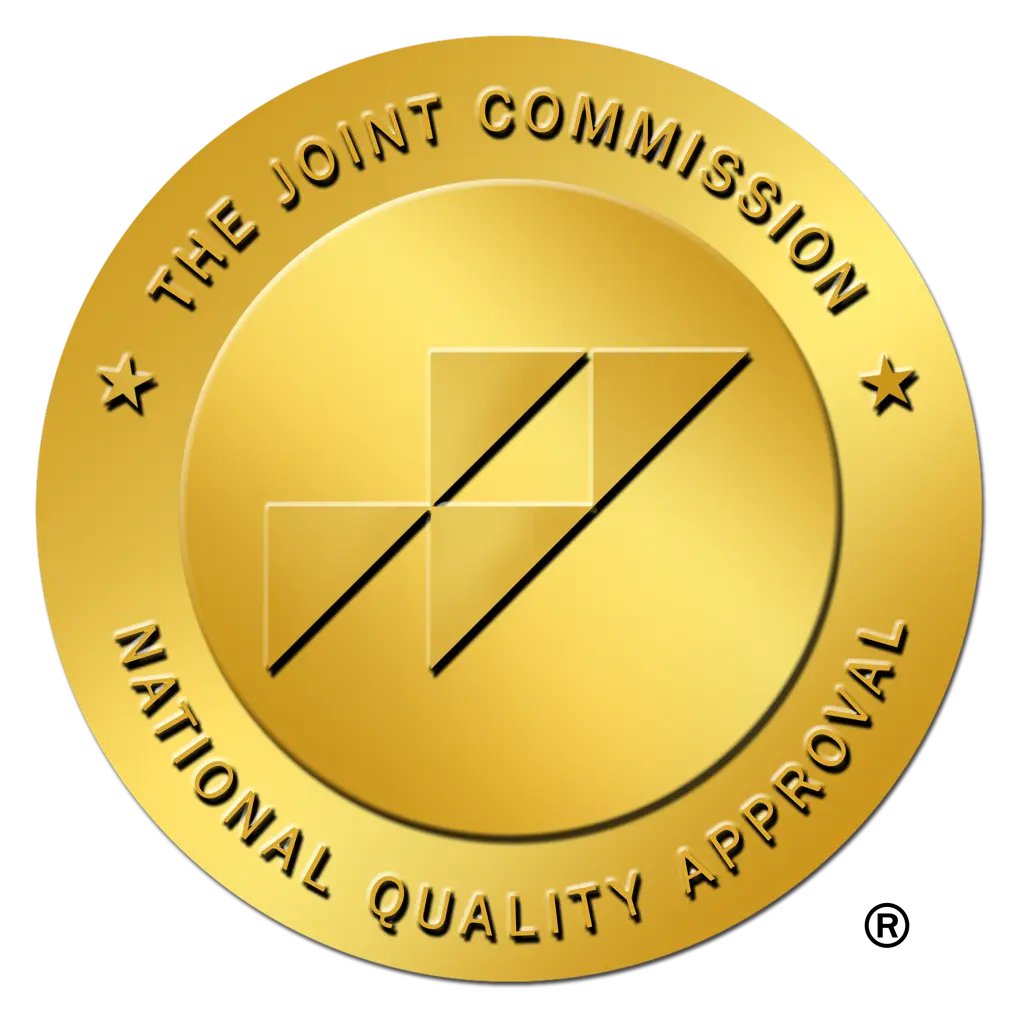While in the depths of drug abuse, many ponder if their addiction could have been prevented. This query is a notable concern as the rate of substance use disorders (SUDs) is on the rise. If you are facing addiction, you have probably thought about all the situations that led you to this point.
Questions about whether you were strong enough to resist or if your environment influenced your choices to engage in substance use might circle your mind. Since addiction is a complex health disorder, is it genuinely avertable? This article will discuss addiction and which preventative measures truly work.
The Science of Addiction
When scientists began researching addiction in the 1930s, it was first considered a moral deficiency on behalf of the individual. However, with advancements in research and technology, addiction is now understood to be a medical disorder as opposed to a personal defect.
Individuals who underwent traumatic life experiences or have a family history of addiction are more prone to developing SUD. If adults had engaged in substance use during adolescence, which is common, they are more likely to struggle with addiction as well. Those with mental health issues are also at higher risk for developing SUD. As you see, environmental, genetic, and psychological factors all play a role in the onset of addiction.
From the time one decides to partake in substance use to the time they are amid the advanced stages of addiction, the data vary as to why this is so. However, biological elements contribute to the development of SUD due to the neurological shifts that occur with drug abuse. Drugs interfere with how neurons receive, send, and process signals.
For example, the prefrontal cortex, responsible for thinking, planning, and problem-solving, is severely disrupted. This means that a person is inclined to compulsivity toward drugs. The basal ganglia attributed to the regulation of the “reward system” is also affected. Deregulation of this system causes the individual to continually seek the euphoria attained with drug use. Over time, a tolerance is built to the effect of drugs, thus requiring increasing amounts to obtain that state of “ecstasy.”
The Effects of Addiction
SUD can cause various other health problems, such as psychiatric illnesses and physical health issues. There is a dynamic relationship between drug abuse and mental health complications. Many individuals with anxiety and depression tend to believe self-medicating alleviates symptoms. However, this tends only to exacerbate symptoms in the long run. Unfortunately, if an addiction isn’t treated promptly, the condition of one’s mental health can be extensively compromised. Likewise, the effects on physical health can often be jeopardized. Cardiovascular disease, stroke, lung disease, and HIV/AIDS are among many possible outcomes of addiction.
In addition to health problems, having an addiction tends to influence relationships and work life negatively. Having an untreated SUD tends to have a devastating impact on marriages, and because of drugs’ effect on concentration, job maintenance can be increasingly challenging. Despite these damaging consequences on connections and job performance, individuals with SUD still have difficulty ceasing drug use.
Preventative Measures for Addiction
Truthfully, there is no conclusive answer as to why some individuals become addicted while others do not. However, this does not mean that it is not preventable. The most effective strategy is to target youth.
Adolescence is when most individuals experiment with new endeavors, and unfortunately, this usually includes drugs. Because the brain is still developing, using drugs at this age has more potential to disrupt brain function in areas critical to motivation, memory, learning, judgment, and behavior control. There are three evidence-based programs to address adolescent drug use, which are operated according to research-based data. The statistics confirm these programs to be highly effective. These programs include:
- Universal programs: These target all youth regardless of any drug-related background. They are usually conducted in settings such as schools.
- Selective programs: These focus on children and teens at higher risk of developing an addiction. Cases may include youth with a parent struggling with addiction or a family history of SUD.
- Indicated programs: These concentrate on children who have already begun to engage in substance use. With a dedication to our youth, these programs can genuinely prevent future choices surrounding drugs.
Treatment Options for Addiction
Once in the advanced stages of addiction, you should know it isn’t too late. Numerous treatment options can effectively assist in recovery. Alter San Diego Crisis Intervention offers the services required to aid in recovery. When addiction turns into a crisis, emergency, or distress, immediate action must be taken to help prevent further harm. Support groups are another option that can be beneficial for recovery. They tend to provide you with a safety net and encouragement during a time you might be coping with triggers, stress, and more.
If you are facing addiction, know that you are not alone. It is essential not to dwell on the what-ifs and instead seek help for your current situation. Speaking with a licensed professional to address your concerns is the first step in the right direction. Support is available, and we are ready to assist here at Alter San Diego Crisis Intervention. With extensive treatment options offered, know your specific needs will be met with a tailored care plan. While we cannot change the past, we can help you progress the trajectory of your future. Your recovery may be a phone call away. Now is the time to take action. Call us at (866) 986-1481 now to begin healing.

